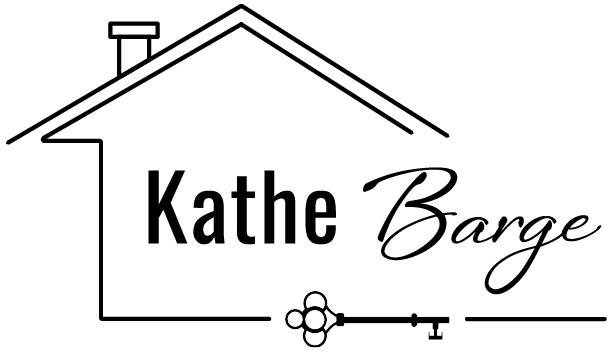Dear Kathe,
Is a seller expected to help pay for the buyer’s closing costs and if so, how much?
Sellers often contribute to buyers’ closing costs in lower price ranges and in first time home buyer situations. Typically buyer closing costs are not less 3% of the cost of the home and may be as much s 6%. Buyer closing costs include expenses such as transfer taxes (1%), lender fees, title insurance, property tax proration, homeowners’ insurance premiums and pre-paid mortgage interest. These fees can add up quickly. Sometimes buyers do not have enough cash saved to be able to pay their required down payment and their closing costs as well. They may be very well qualified to buy in that their salary is high enough to afford the monthly payment, but they just don’t have enough cash saved.
When this happens, buyers will look to sellers for help in paying the closing costs that the buyer would normally have paid. This is normally expressed as a percentage of the purchase price. For example, the buyer might ask the seller to pay 3% of the purchase price toward their closing costs. The seller is automatically netting 3% less in this scenario, before they pay their own closing costs which normally range between 7% – 8% of the sales price.
Before you jump to the conclusion that sellers often won’t agree to contribute toward a buyer’s closing costs, stop and look at the greater picture. Normally sellers who help with closing costs are receiving 100% (or very close to that) of their asking price. On the other hand, it’s a rare day that any listing sells for 100% of its asking price, and the average “realization” before seller expenses in Quaker Valley School District is less than 90%. So paying 3% in closing cost assistance but getting a 100% (or close) offer might be your best deal!
